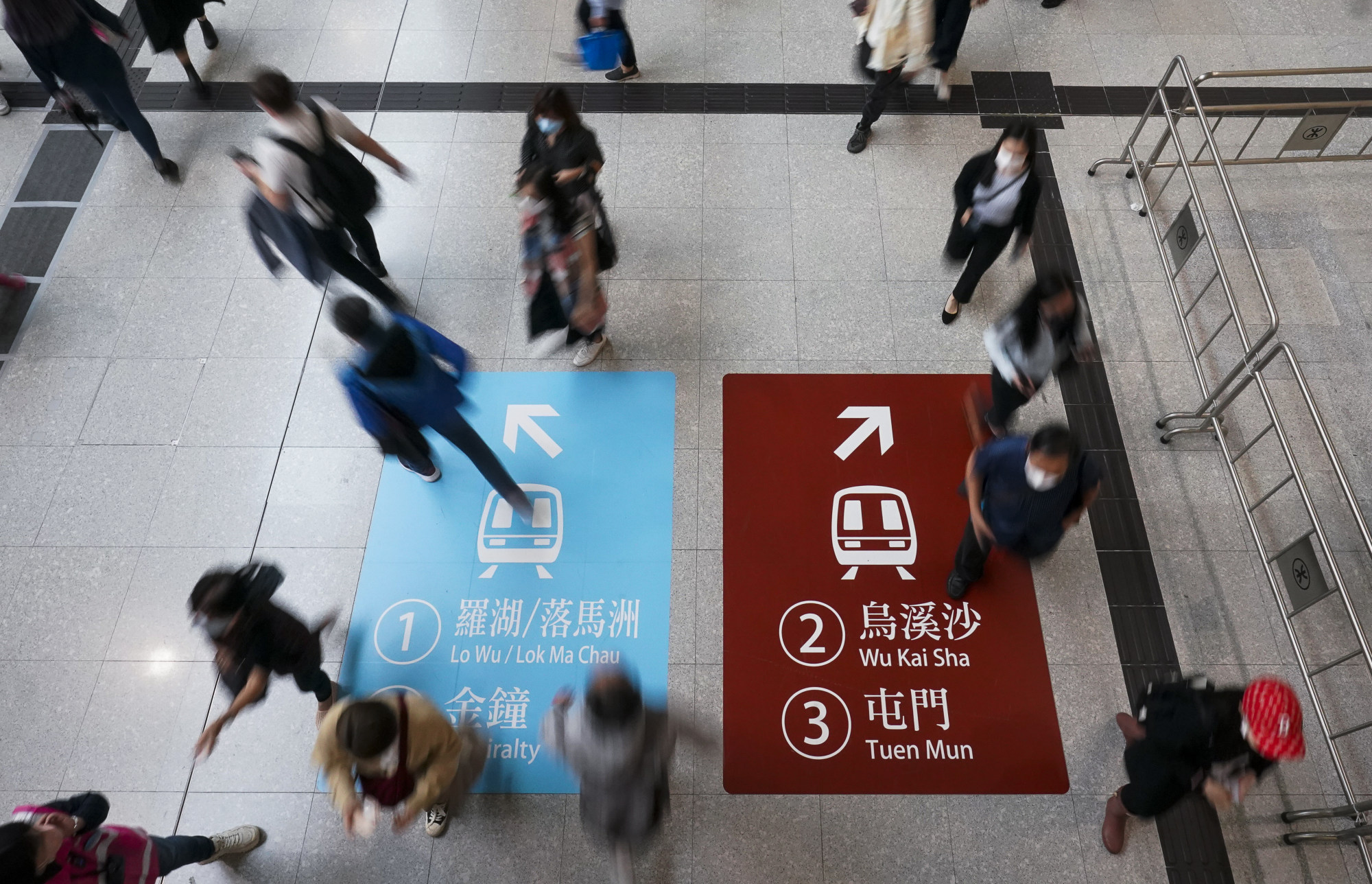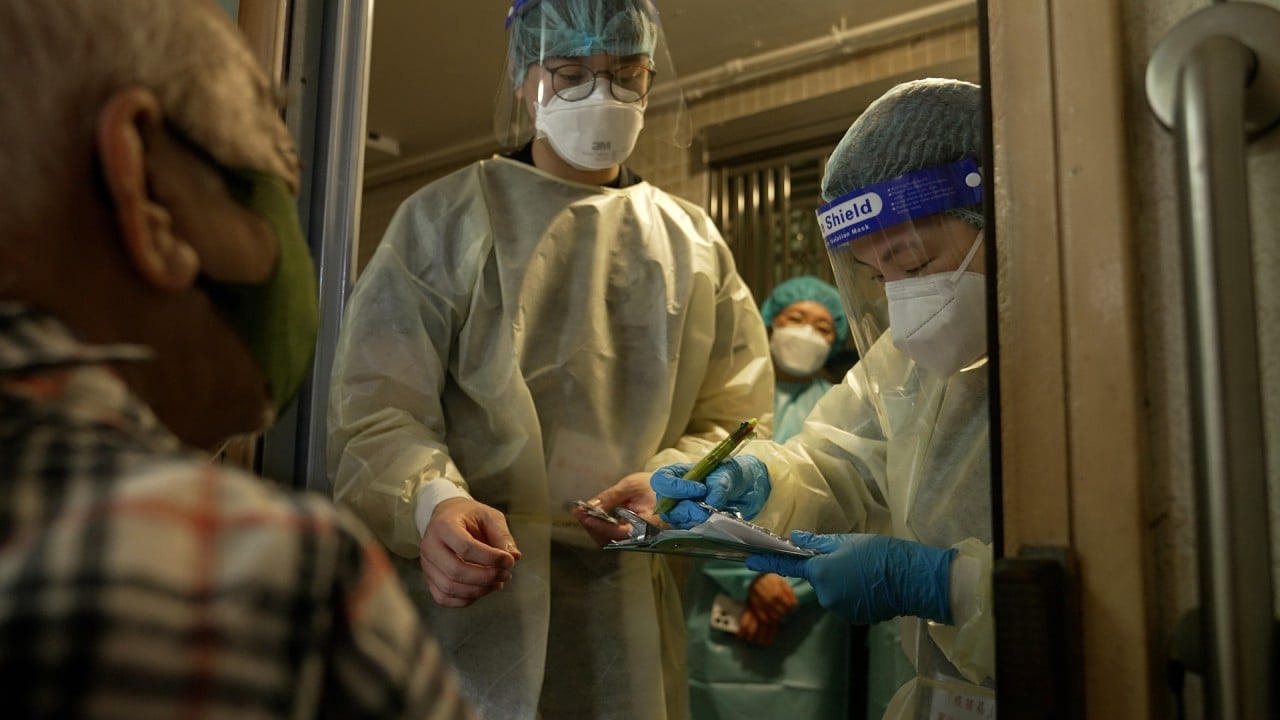
Result-oriented John Lee must beware of procrastination traps
- Mega projects like the Northern Metropolis eat up money and recources while taking years to be realised – hardly a recipe for delivering results
- Lee should instead focus on less grand, but more practical and pressing, needs such as affordable healthcare, adequate housing and improved energy efficiency
The consultant told Liao that one of the best things her staff could do was put stickers in large print at the top of each computer screen: “Our mission is to bring Quality to Life”. Not only must they bring the concept of quality to life, but deliver initiatives that brought quality to the lives of Hong Kong citizens.
The recommendation was ignored. Liao procrastinated. But I think Donald Tsang Yam-kuen, then chief executive, may have taken note. In his 2007-08 policy address, he unveiled plans to deliver 10 mega-infrastructure projects. There was much derision. There were protests about grandiose “white elephants”. There was alarm about the taxpayer cost and the impact on reserves.
Last week, I looked back on those projects. They provided glimpses into persistent bureaucratic procrastination but, on balance, Tsang earned a passing grade as a “result-oriented” leader.

At the time, thinking these projects to be too much “in the pocket” of Hong Kong’s big developers, I proposed my own “Ten Projects for the People”. And, as our new “result-oriented” chief executive begins work, I thought it would be timely to revisit them:
1. Strengthen language tuition in schools to improve fluency in our three key languages: if Hong Kong is truly to aim to be “Asia’s world city”, then this is essential.
2. Big investment in skills training, in particular in the sciences, IT and digital literacy. We should not just be producing motivated and employable 18- and 22-year-olds, but providing lifetime learning so that women can return to work after raising families, and old dogs like me keep abreast of all the new things that have happened since I graduated last century.
3. A massive “gap year” programme for school and university-leavers to spend a year working on carefully vetted projects outside Hong Kong. I benefited personally from this through a year in Pakistan as a teacher. There can be no better way to “grow up”, learn self-reliance, and build international awareness.
5. Introduce comprehensive healthcare insurance. Today, too many families do not have access to timely or affordable healthcare. Only with universal insurance cover will we get the economies of scale that enable those lucky enough to be healthy to subsidise the treatment costs of those who are unwell. But it must be compulsory – otherwise the sick and old will opt in, and the healthy and young will opt out, leaving the scheme underfunded.
7. Focus on affordable (and “green”) housing: I shudder to look back over the awful consequences of two decades of perpetual consultation and procrastination.
9. Electronic road pricing: is there any issue over which there has been more procrastination? It seems the government is at last poised to rationalise cross-harbour tunnel charging, so why not tackle the two together?

I drew up this list more than a decade ago not because it is perfect or comprehensive, but to highlight the many practical things that can and should be done by any self-respecting “result-oriented” leader.
That alibi for delay has now gone, and it is my heartfelt hope that John Lee and his team can begin to “get things done”. He does not necessarily need to adopt my list. But as a result-oriented leader, making a list might be a good start.
David Dodwell researches and writes about global, regional and Hong Kong challenges from a Hong Kong point of view


